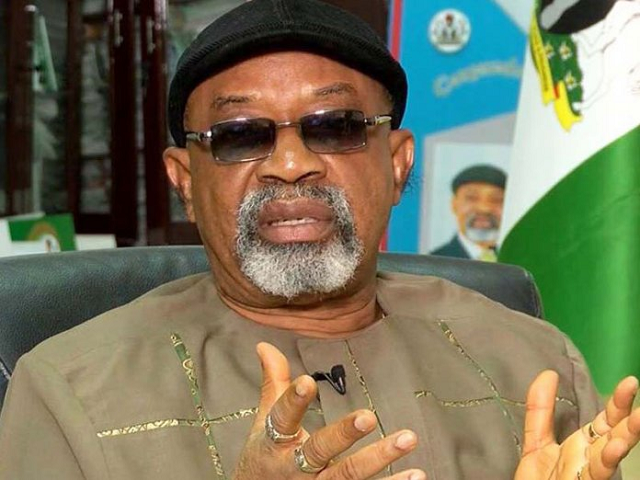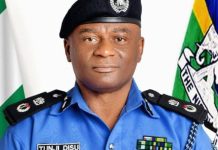Representatives of the National Association of Resident Doctors (NARD) and the Federal Government could meet to revisit the terms of negotiation, to bring an end to the 20-day-old strike action.
This comes as President Muhammadu Buhari has directed both parties to find a resolution to the issues that occasioned the strike action.
Disclosing this was the Minister of Labour and Employment, Chris Ngige, in a meeting that had representatives of all medical bodies including the President of Nigeria Medical Association (NMA), Innocent Ujah.
Ngige said, “The President instructed me to get everybody involved in this ongoing strike to come together to discuss the issues without involving any technicality. By that, he means that all issues must be resolved even though we have, as a ministry, used the instrumentality of Section 17 of the Trade Dispute Act to refer the Resident doctors and their employers, who are the Ministry of Health in this case, to the National Industrial Court of Nigeria (NICN) to look at the merits of the case.
“The National Industrial Court, in its ruling, agreed that NARD should get back on the negotiation table with their employers. Therefore, the onus falls on us to mediate in the dispute through an alternative dispute resolution mechanism.
“In doing that, we have invited the Nigerian Medical Association (NMA) because all medical doctors in Nigeria are members of the NMA irrespective of the field of practice.”
Ujah, in his submission, said that he had not involved in the matter and had been silent on the issue because the NMA was not provided with “information on the issues,” adding that the strike dented the image of doctors.
READ ALSO: FG To Revisit Revenue Sharing Formula
He said, “The President of the NMA was not carried along in all the engagements. The strike is 20 days old today and the President of NMA has not made a statement because we did not have information on the issues. We feel for our patients. Doctors are trained to prevent diseases, cure illnesses and promote health.
“Therefore, no doctor is trained to go on strike. The strike was avoidable if things were done right. This strike paints doctors in a bad light.”
“Doctors are leaving this country in large numbers and they will continue leaving. Fortunately, we are in a democracy where mobility of labour and movement of people is guaranteed. Doctors’ exodus happened in 1978 and it happened in 1991 and it is happening again. In 1991, it was the consultants that moved to Saudi Arabia. In 1978, it was because of a certain policy. Now, both the young and the old are leaving. They are leaving to where they will practice medicine unhindered.
“They won’t be labourers in any part of the world. We train our doctors very well; they are properly trained. When you go out to any part of the world, who do you see? Nigerian doctors!
“We are not asking for too much. We could well be asking that we should be paid in dollars. We are not saying that. We are asking for minimum equipment and atmosphere to treat our patients.
“There are staff shortages everywhere. Few doctors are attending to many patients. But that is not even the complaint here. There are many people in the service that are posing as obstacles.”













